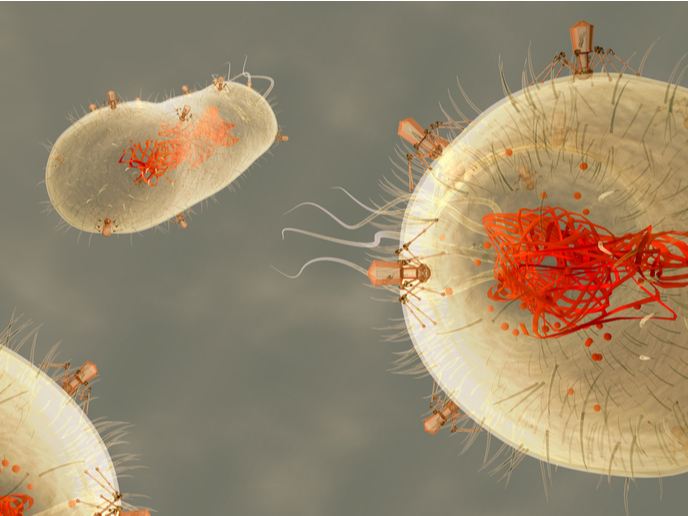Nature's enzymes go to work in industry
Bioremediation has been used successfully for oil spills, chlorinated solvents and pesticides, but many compounds are resistant to degradation (recalcitrant). Using genetic material from the EU-funded project 'Metagenomics for bioexploration - Tools and application' (METAEXPLORE)(opens in new window) has helped to develop a wide range of improved enzymes. In particular, the researchers focused on the naturally recalcitrant molecules chitin and lignin. Anthropogenic-sourced materials include halogenated and organic compounds as well as xenobiotic compounds foreign to biological systems, herbicides for example. Following pre-screening of a large number of terrestrial and aquatic habitats with specially developed tools, the team cloned and sequenced promising enzymes from selected environments. A total of nine metagenomic libraries were produced from selected environmental habitats. A software platform (MetaSAMS) with search routines, genomic mapping and tools for comparative analysis of metagenomics data has been successfully developed. All data warehouses contain functional genes and operons to provide genetic resources for future explorations. Derived from industrial demand, these collections were screened for improved enzymes, including novel chitinases, laccases/ligninases, and aerobic and anaerobic dehalogenases. Another target was the beta-amino transferring enzyme family involved in the production of a wide range of pharmaceuticals. A large proportion of the gene sequences coding for the enzymes are housed on the mobile genetic element of microbes, the mobilome. After characterisation of structure and function and expression in suitable hosts, the researchers extended their activities of the cream of the enzymes for use in industry using directed evolution. METAEXPLORE deliverables are expected to have an important impact on sustainability and EU environmental goals. Alternative raw materials are needed for the future supply of energy and chemicals. Recalcitrant waste materials like lignin and chitin contain various building blocks for chemical production. Disposal of waste is expensive and creates numerous environmental and public health challenges. Bioremediation not only helps keep nature clean in a natural way, it is also a low-energy process for decontamination of water and soil. Availability of novel biocatalysts is an important pillar of sustainability given the innumerable industrial reactions based on catalysis.







